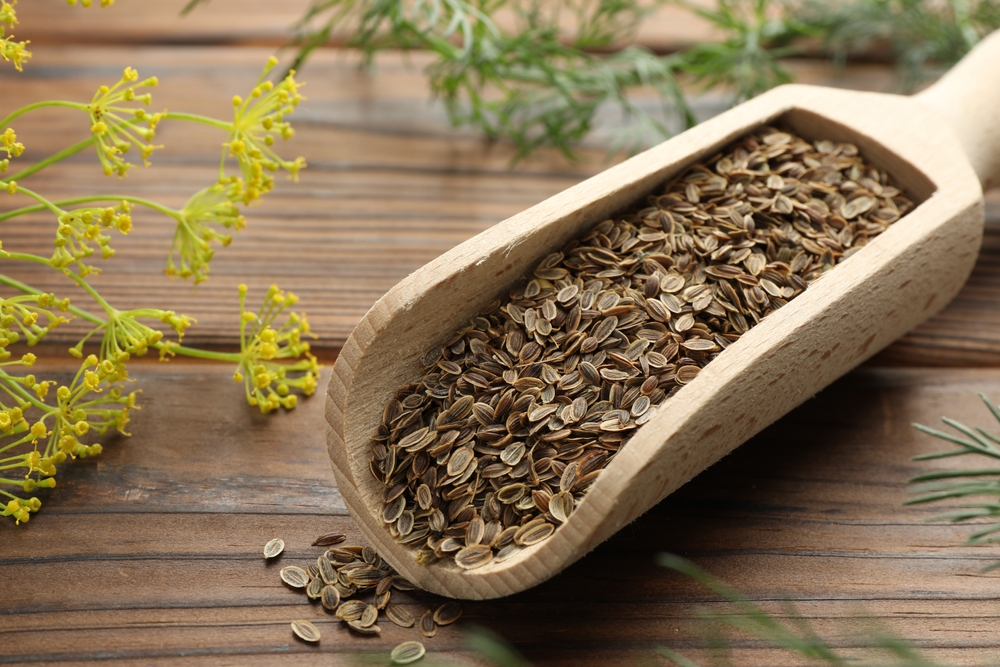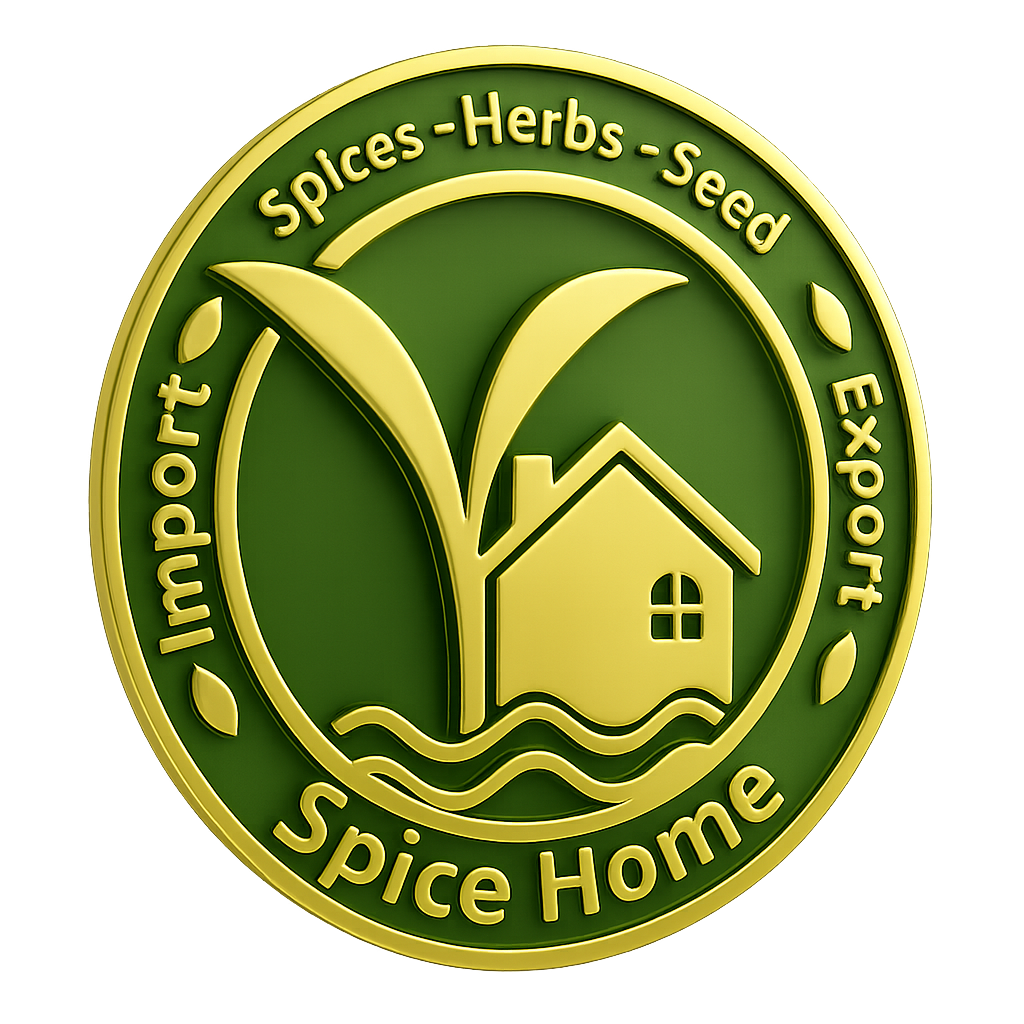The Versatile World of Dill Seeds: Usage and Benefits
Dill seeds, derived from the dill plant (Anethum graveolens), have been treasured for centuries in various cultures for their culinary and medicinal properties. These small, oval seeds are not only packed with flavor but also offer a myriad of health benefits. In this essay, we’ll explore the versatile uses of dill seeds in cooking and medicine, along with the benefits they bring to our health.

Culinary Uses of Dill Seeds
Dill seeds are a staple in many kitchens around the world. Their slightly bitter taste and caraway-like flavor make them a popular choice in a variety of dishes. Here are some common ways dill seeds are used in cooking:
- Pickling: Dill seeds are an essential ingredient in pickling, adding a distinctive flavor to pickled vegetables, particularly cucumbers. Their robust taste complements the tangy brine, creating a perfect balance.
- Baking: In many European countries, dill seeds are used in baking bread, particularly rye bread. The seeds impart a subtle flavor that enhances the overall taste of the bread, making it more aromatic and delicious.
- Seasoning: Dill seeds can be used as a seasoning for soups, stews, and salads. They add a layer of complexity to the dish, especially in Indian and Middle Eastern cuisines, where they are often toasted to release their full flavor.
- Herbal Teas: Dill seed tea is a popular beverage in many cultures. It is made by steeping crushed dill seeds in hot water. The tea has a mild, soothing taste and is often consumed for its digestive benefits.
Medicinal Benefits of Dill Seeds
Beyond their culinary uses, dill seeds have been valued for their medicinal properties for thousands of years. Here are some of the key health benefits associated with dill seeds:
- Digestive Health: Dill seeds are known for their carminative properties, which means they help in reducing gas and bloating. Consuming dill seed tea or simply chewing the seeds can aid in digestion and alleviate discomfort from indigestion.
- Anti-inflammatory Properties: Dill seeds contain compounds that have anti-inflammatory effects. These properties make them useful in managing inflammatory conditions like arthritis. Regular consumption of dill seeds can help reduce inflammation and provide relief from pain.
- Antioxidant Effects: Dill seeds are rich in antioxidants, which help protect the body from oxidative stress and free radical damage. These antioxidants play a crucial role in maintaining overall health and preventing chronic diseases.
- Blood Sugar Regulation: Some studies suggest that dill seeds may help in regulating blood sugar levels. This makes them beneficial for individuals with diabetes or those at risk of developing the condition. Incorporating dill seeds into the diet could be a natural way to manage blood sugar.
- Antimicrobial Properties: Dill seeds have been found to possess antimicrobial properties, making them effective against certain bacterial and fungal infections. This characteristic has been utilized in traditional medicine for treating infections and promoting wound healing.
- Sleep Aid: Dill seeds are believed to have a calming effect on the body, which can promote better sleep. Drinking dill seed tea before bed is a traditional remedy for insomnia and restless nights.
Summary
Dill seeds are a small but mighty ingredient that offers a wide range of uses and benefits. Whether you’re using them to add flavor to your dishes or to enhance your health, dill seeds are a versatile addition to any kitchen or medicine cabinet. Their culinary versatility, combined with their impressive health benefits, makes them an invaluable resource for anyone looking to enrich their diet and well-being. So, the next time you reach for dill seeds, remember that you’re not just adding flavor to your food—you’re also embracing a tradition of natural healing and wellness.


